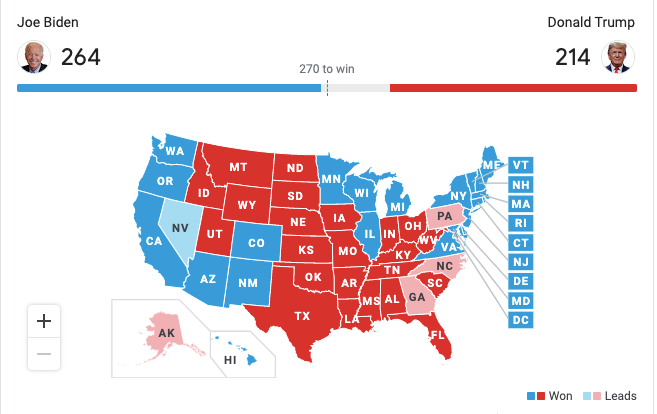Culture Not Costume
- Emily DiSalvo
- Oct 31, 2020
- 1 min read
Updated: Nov 1, 2020
It’s Halloween season again, and it’s an unusual one at that. But costumes will still be making an appearance, despite COVID-19 and all of its restrictions on fun. In fact, wearing a mask is encouraged.
With costumes, though, often comes cultural appropriation.
What is cultural appropriation?
Cultural appropriation is when one culture adopts another culture’s characteristics, and is most controversial when a privileged group adopts the characteristics of a disadvantaged group. This relates to many halloween costumes because it is common for people to dress up as Native Americans, Spanish people wearing sombreros or other stereotypes.
For many people who belong to one of these disadvantaged groups, these costumes are insulting and belittling to their culture.
If the offensiveness of these costumes isn't enough to deter you from wearing one this year, think about the number of reputations ruined after a photo of them wearing Blackface has resurfaced.
Spirit Halloween and Party City, popular spots to buy halloween costumes, have been criticized for continuing to sell certain costumes that promote cultural appropriation.
When pressed on the issue, Party City's response was "generic" to say the least.
How can you make sure your costume is not offensive?
A fifth grade teacher from Illinois shared a letter that she sends home with her students to ensure that they pick out appropriate and non-offensive halloween costumes.
This Halloween, be smart, but also be sensitive. Your costume that you perceive to be fun isn't worth diminishing someone else's culture.




Comments